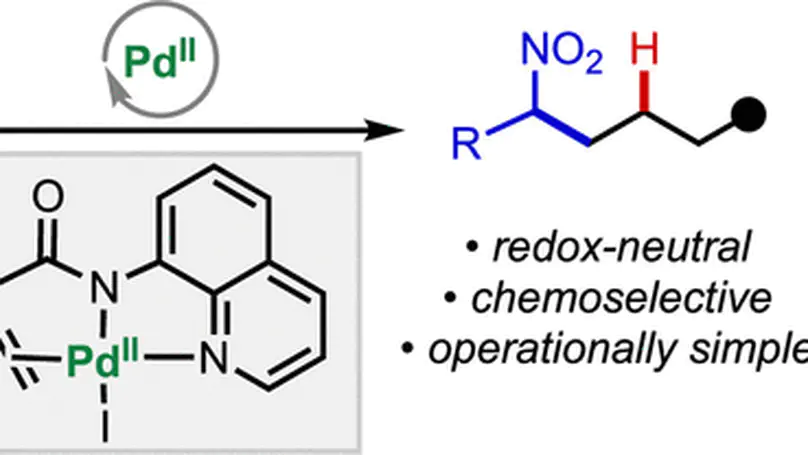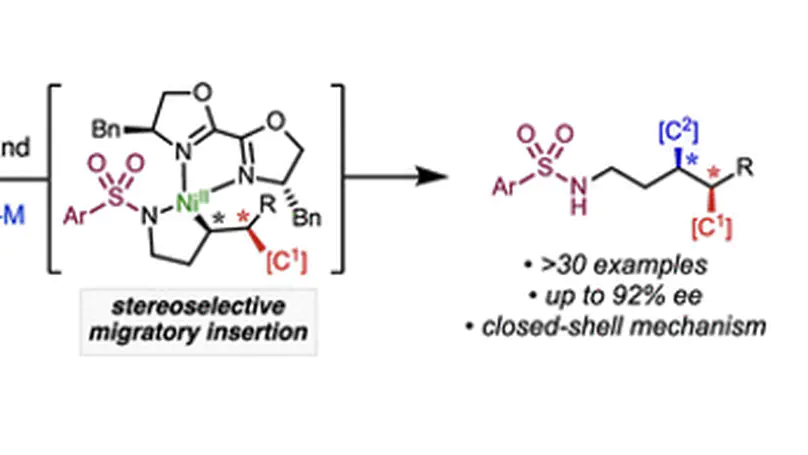Biography
As a computational chemist, I aim to accelerate reaction discovery by understanding mechanisms and leveraging data science for data-driven approaches. My work focuses on three main areas:
Transition Metal Catalysis
- Mechanistic Insights and Reaction Design
Collaborated with leading chemists like Keary Engle, Huw Davies, Steven Buchwald, and Vladimir Gevorgyan on various transition metal-catalyzed reactions. Used computational tools to understand factors affecting reactivity and selectivity, including directing group and ligand design. - Predictive Modelling
Developed parameters for predicting selectivities and reactivities in directed alkene functionalizations, working with small datasets derived from reaction mechanisms.
- Mechanistic Insights and Reaction Design
Cheminformatics and Data Science
- HeteroAryl Descriptors (HArD) Database
Created a database of ~31,000 monosubstituted heteroarenes featuring over 60 descriptors (e.g., heteroaryl Hammett parameters, aromaticity parameters, HOMO-LUMO gaps, buried volumes). - User-Friendly Tools and Documentation
Developed a web interface allowing users to draw heteroaryls and obtain descriptors for different regioisomers. Provided detailed documentation on dataset generation, from SMILES extraction using Reaxys to high-throughput DFT calculations.
- HeteroAryl Descriptors (HArD) Database
Enzyme Catalysis with Prof. Yang Yang
- Directed Evolution Optimization
Recently, I have been working on identifying target amino acids for mutation in directed evolution experiments involving up to 900 mutations. I am using existing amino acid parameters and trying to develop molecular dynamics (MD)-based parameters to quantify features like loop flexibility. - Computational Structural Studies
Conducted classical MD and QM/MM simulations to gain structural insights, aiding in the engineering of enzymes for highly stereoselective synthesis.
- Directed Evolution Optimization
- Computational chemistry (DFT, MD, AIMD)
- Data science and ML for QSAR
- Transition metal catalysis
- Enzyme catalysis
PhD in Chemistry, 2021–current
University of Pittsburgh
BS in Chemistry, 2017-2021
Colorado State University
Publications
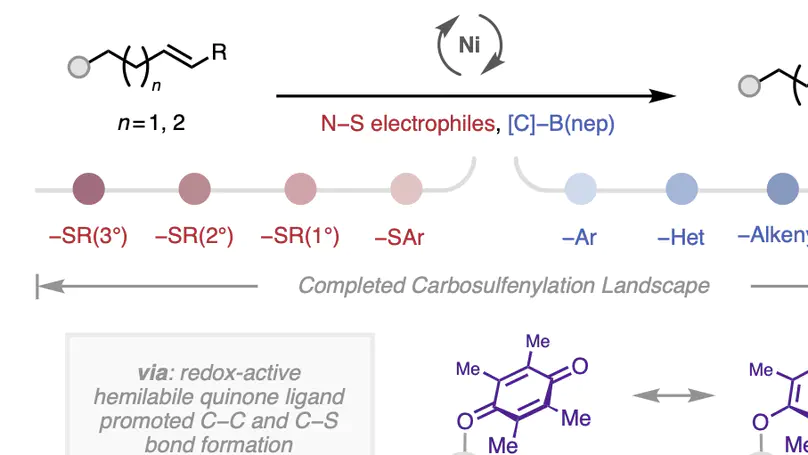
A three-component coupling approach towards structurally complex dialkylsulfides is described via the nickel-catalyzed 1,2-carbosulfenylation of unactivated alkenes with organoboron nucleophiles and alkylsulfenamide (N–S) electrophiles
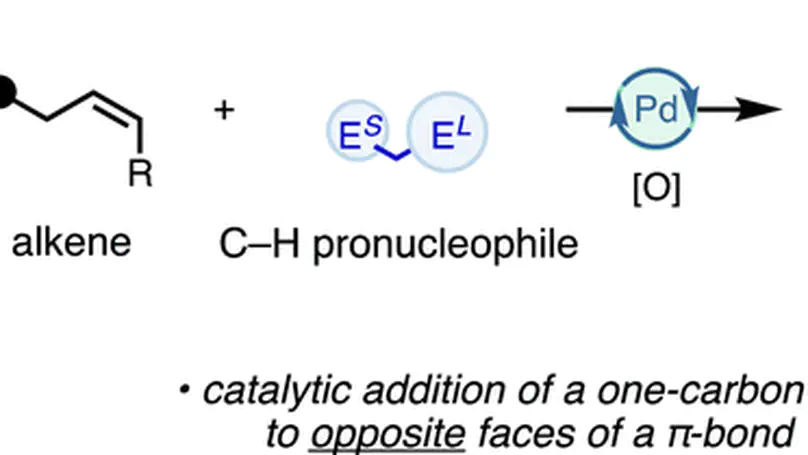
This study presents a mild and efficient method for synthesizing densely functionalized cyclopropanes via directed nucleopalladation of nonconjugated alkenes, yielding excellent anti-selectivity and accommodating diverse electron-withdrawing pronucleophiles, with mechanistic insights supported by DFT calculations showing key steps of α-iodination, anti-carbopalladation, and strain-release-promoted reductive elimination.
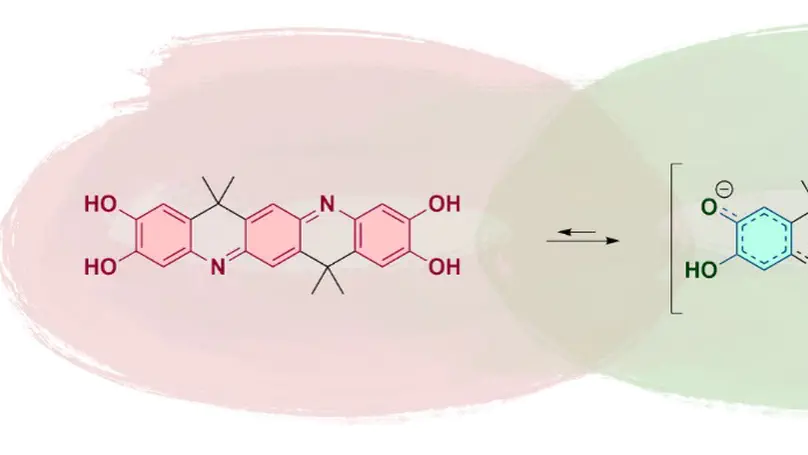
A novel resonance-assisted self-doping mechanism in ladder-type oligoaniline-derived organic conductors, enabling efficient proton transfer and enhanced stability without external dopants, as confirmed by mechanistic and computational studies.
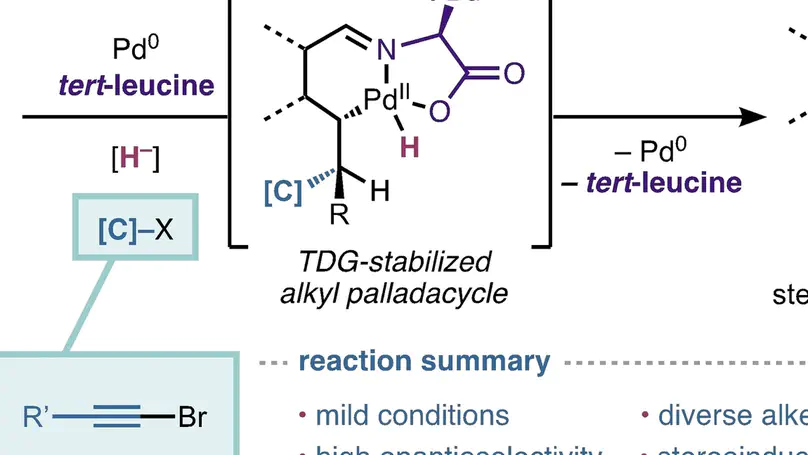
Herein, we report a transient directing group (TDG) strategy to facilitate site-selective palladium-catalyzed reductive Heck-type hydroalkenylation and hydroalkynylation of alkenylaldehyes using alkenyl and alkynyl bromides, respectively, allowing for construction of a stereocenter at the δ-position with respect to the aldehyde.
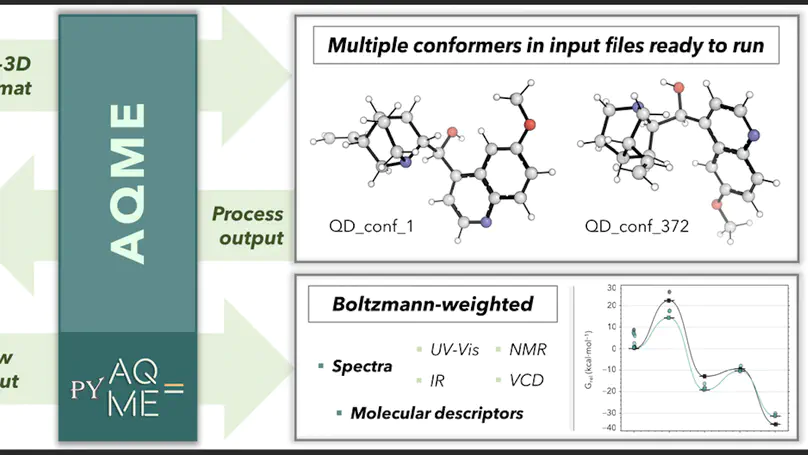
AQME, Automated Quantum Mechanical Environments, is a free and open-source Python package for the rapid deployment of automated workflows using cheminformatics and quantum chemistry.
